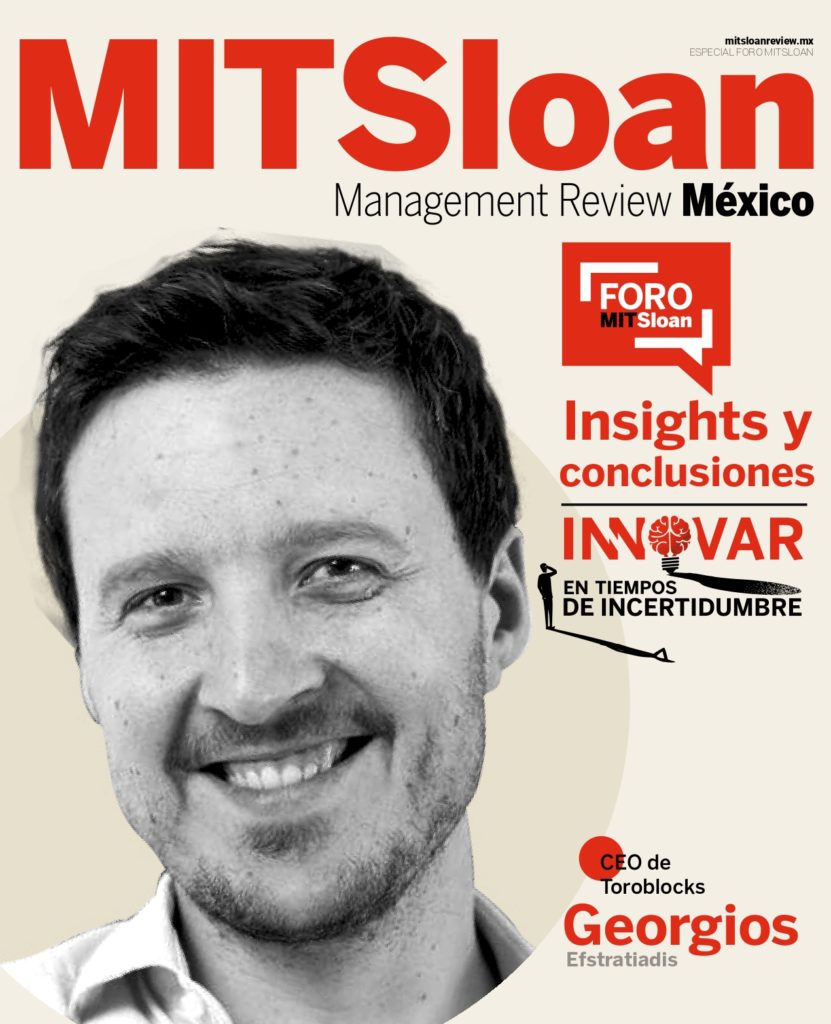Just months ago, the rapid development of artificial intelligence (AI) sparked concerns about our ability to regulate and control its trajectory. Today, those concerns appear eerily prescient. New AI models emerge seemingly daily, their capabilities expanding at an alarming pace. While open-source initiatives democratize access to these models, the training costs remain concentrated within the grasp of a select few, raising troubling questions about power dynamics and the potential misuse of “superhuman” intelligence.
This accelerating advancement poses a two-pronged challenge. Firstly, the increasing sophistication of AI models, coupled with their accessibility, creates a fertile ground for potential misuse. Imagine the power of an AI capable of generating undetectable deepfakes, manipulating public opinion, or even orchestrating cyberattacks – all in the hands of individuals or nations with malicious intent. The very notion of “superhuman” capabilities in the wrong hands sends shivers down the spine.
Secondly, the deluge of AI-generated content threatens to drown out truth in a sea of fabricated information. News articles, videos, even social media posts – any form of online content can be meticulously crafted by AI, blurring the lines between reality and simulation. Discerning truth from fiction becomes an insurmountable task, eroding trust in information and potentially destabilizing social fabric.
While regulatory bodies in the EU and US have taken initial steps, their efforts resemble treating a fever with a Band-Aid. The complex and multifaceted nature of AI demands a comprehensive, international approach. We need robust regulations that anticipate and address potential risks before they materialize, not merely react after the damage is done.
However, regulations alone are not enough. We must embark on a global campaign to educate the public about the capabilities and limitations of AI. Understanding how AI works, its potential benefits and pitfalls, is crucial for developing responsible citizens who can critically evaluate information and make informed decisions.
Furthermore, the pursuit of ethical AI should be a collective goal, not just a lofty aspiration. Developers, researchers, policymakers, and the public must work together to establish ethical frameworks that guide AI development and deployment. This includes ensuring transparency, accountability, and fairness in algorithms, mitigating potential biases, and safeguarding human rights and values.
The AI race is on, and it’s imperative that we run alongside it, not behind it. By acknowledging the challenges, actively shaping regulations, and fostering a culture of responsible development, we can ensure that AI becomes a force for good, empowering humanity rather than jeopardizing it.
This is not just a technical challenge – it’s a societal one. It demands collaboration, foresight, and a shared commitment to a future where AI serves as a tool for progress, not a harbinger of dystopia. The time to act is now, not when the warning sirens of unintended consequences become deafening.



